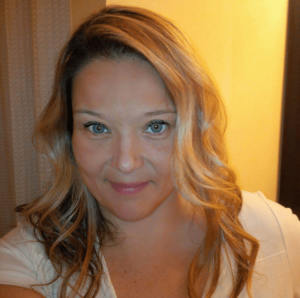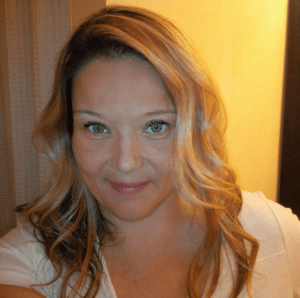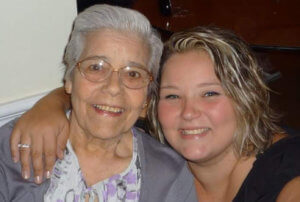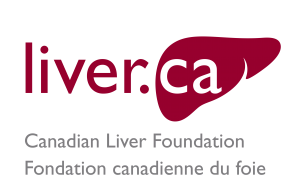When NASH Becomes a Family Affair

When NASH Becomes a Family Affair
Non-alcoholic fatty liver disease (NAFLD) has become the most common liver disease in Canada, and Tracy Freitas-Scott has no trouble picturing what that means. She and her family are living proof.
Just after turning 30, Tracy wasn’t feeling well. She had been diagnosed with diabetes a few months earlier so she had been trying to eat properly in order to manage her blood sugar levels. But on this day, she was tired, achy, nauseous and had some pain on her right side. She felt so ill at work that they called an ambulance to take her to Emergency.
After a battery of blood tests and a CT scan, doctors determined she had an enlarged liver due to a build-up of fat. Once she was referred to a liver specialist, further tests and a biopsy revealed that she had non-alcoholic steatohepatitis or NASH, the most severe form of NAFLD.

“It wasn’t the first time I’d heard about NASH because my mother had been diagnosed with it a few years before,” says Tracy. “In fact, when I was told that I had NASH, I was taking care of my mother who was getting progressively sicker with the complications of both diabetes and end-stage liver disease. Soon I was having to balance a full-time job, caregiving for both my parents and my own doctor appointments, blood work and ultrasounds.”
Unfortunately, there was still more bad news to come. Tracy’s older brother had also been diagnosed with NASH and was suffering from esophageal varices and other consequences of end-stage liver disease. After years of deteriorating health, Tracy’s mom passed away.

“It was a lot to deal with physically, emotionally and mentally,” says Tracy. “Both my brother and I ended up on the transplant waiting list. Over the course of two years, I had to have six to ten litres of fluid drained every two weeks due to my ascites, and every four to six months, I needed to get my esophageal varices banded. If that wasn’t enough, I also had my gallbladder removed and underwent hernia surgery.”
With two siblings needing transplants, family and friends volunteered to be tested as potential living donors. Despite the fact that their sister was a promising match for both Tracy and her brother, fortune intervened and both received transplants from deceased donors.
“My brother had his transplant in March 2016 and I had mine just four months later in July,” says Tracy. “We both consider ourselves lucky to have received such a gift.”

According to available data, it is estimated that as many as seven million Canadians may be affected by NAFLD. The disease covers a spectrum from non-alcoholic fatty liver (a simple build-up of fat in the liver) which may cause no problems to its most severe form, NASH, which can lead to cirrhosis and liver failure. Diabetes and fatty liver disease are closely related as insulin-resistance is a major risk factor.
“The doctors were intrigued by the fact that this was a case of three family members all having the same disease,” says Tracy. “They suggested that we would make an interesting case study.”
Today, thanks to her transplant, Tracy is feeling great but she is doing what she can to warn others of the dangers of NASH.
“This disease has been devastating to my family,” says Tracy. “No one would want to go through what we have. My best advice is to try to maintain a healthy diet, exercise and see your doctor regularly to have liver tests.”




Dear Tracy, My belated condolences in losing your dear Mom. 🙏🏻♥️
I too, had NASH, and had a liver transplant, at Toronto General Hospital, on Aug. 31/ 2014. So grateful for my “gift of life”, my medical team, nurses, dear family, and friends! 💖 Wishing you and your brother “good health and much happiness”! Thank you for sharing your story! Sincerely, Marsha Thake, Brockville, Ontario.
a little sad story but very inspirational. Thank you for sharing your experience to warn others about the dangers of NASH and to make others aware of their body and what it tells them